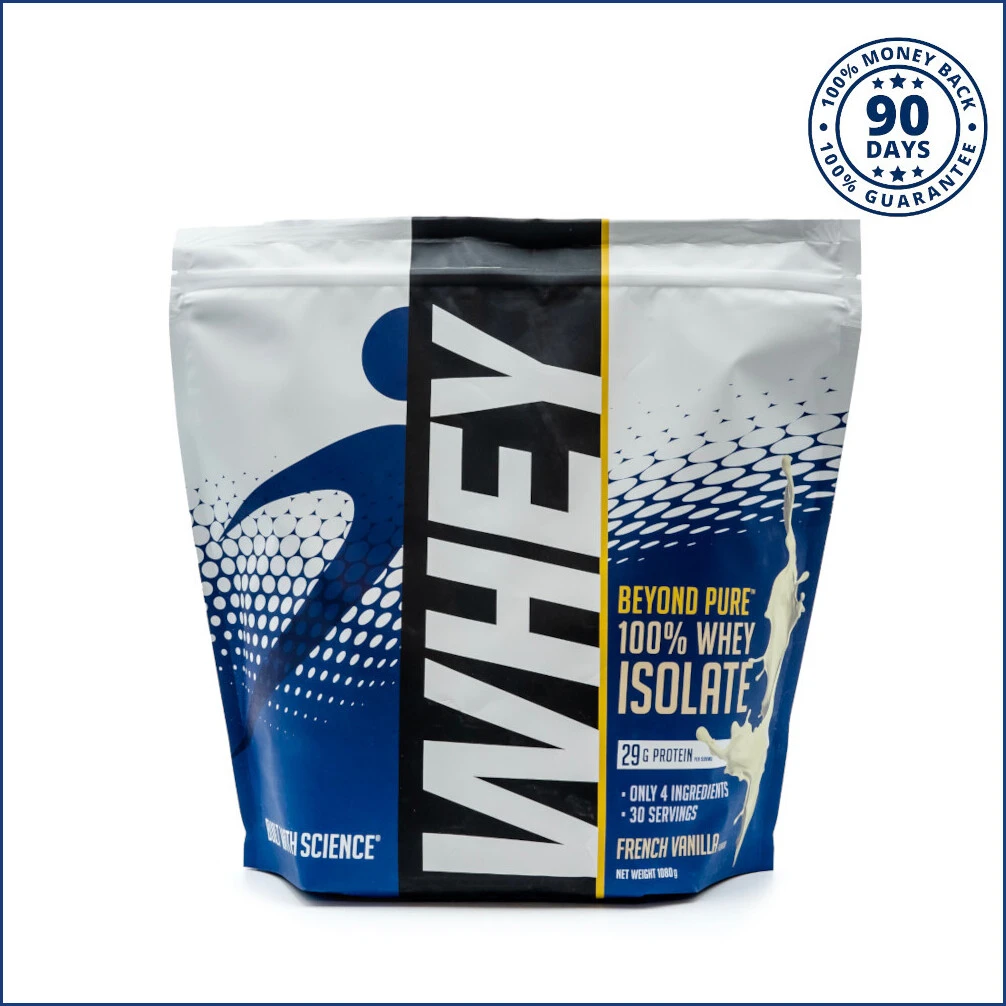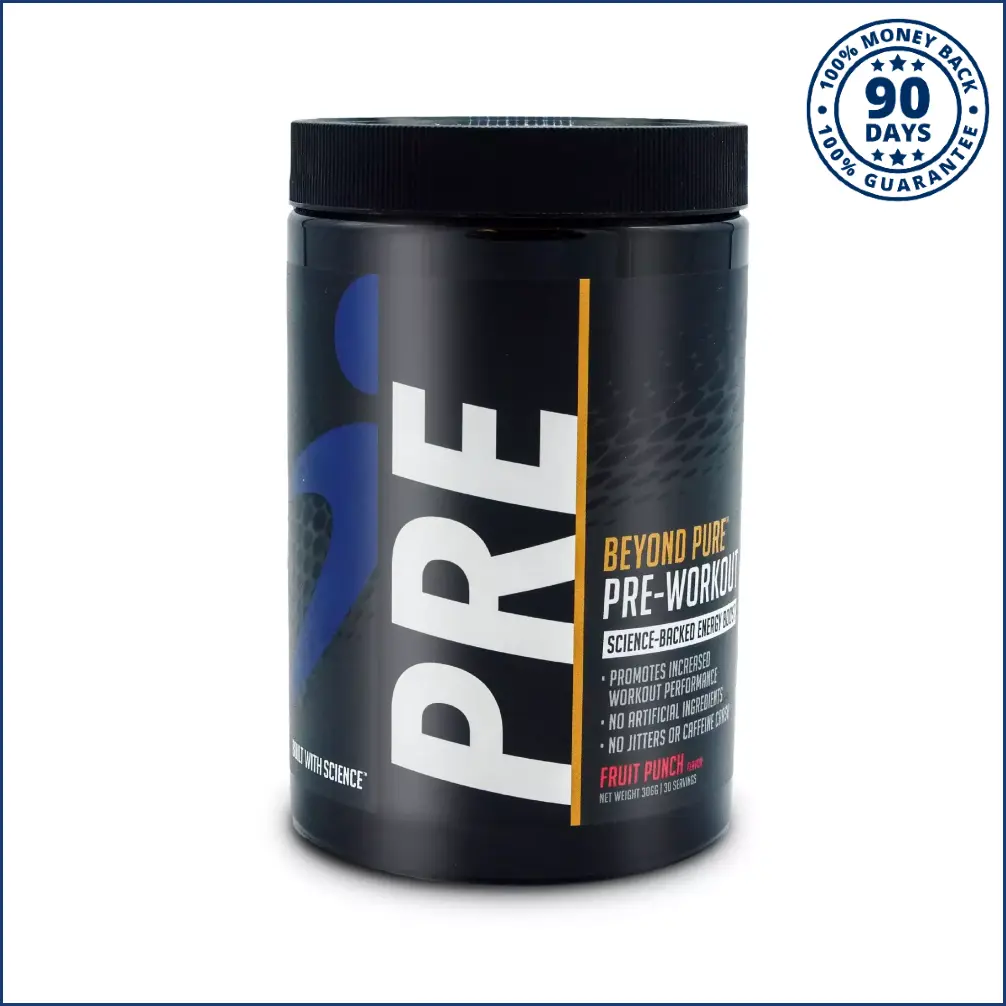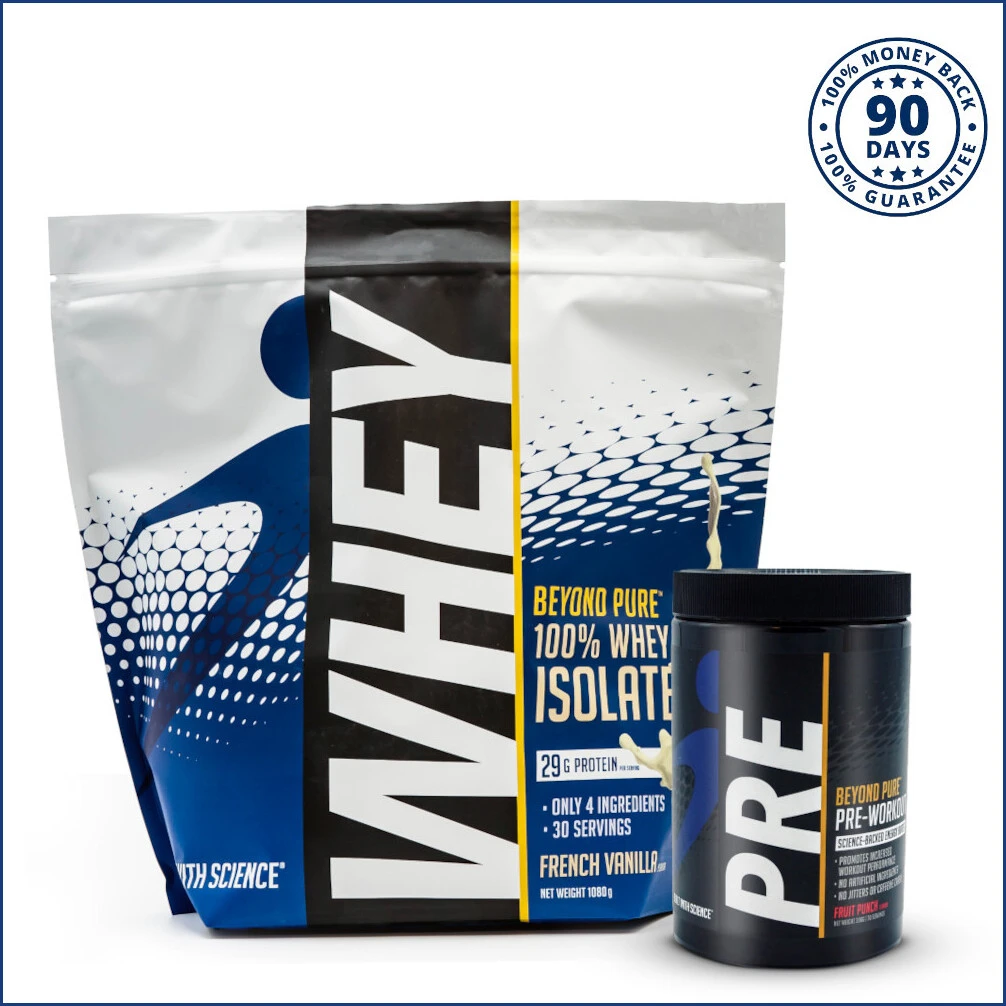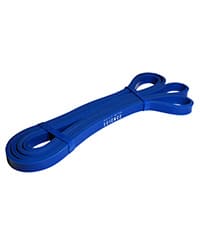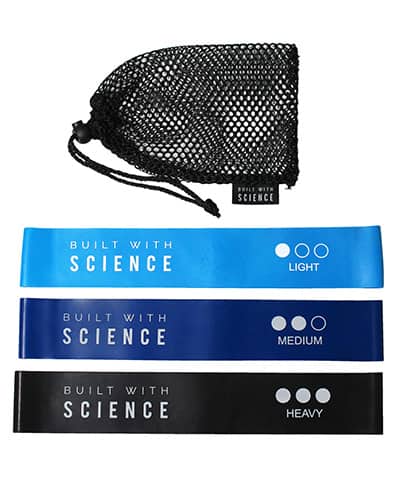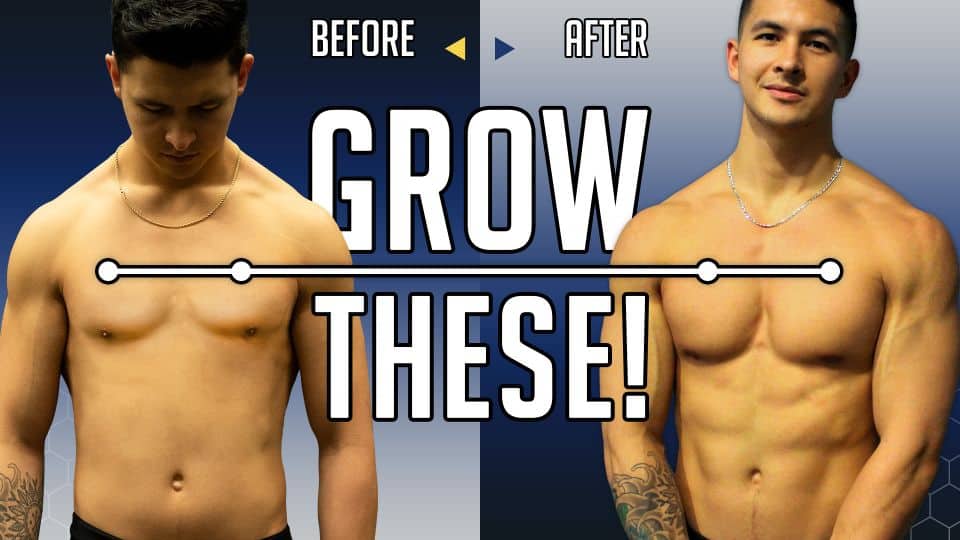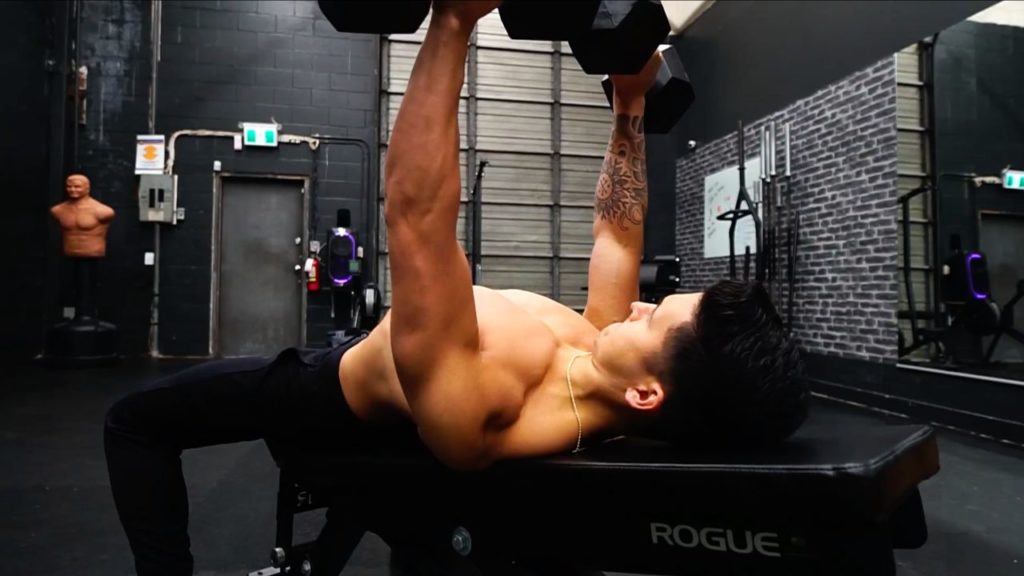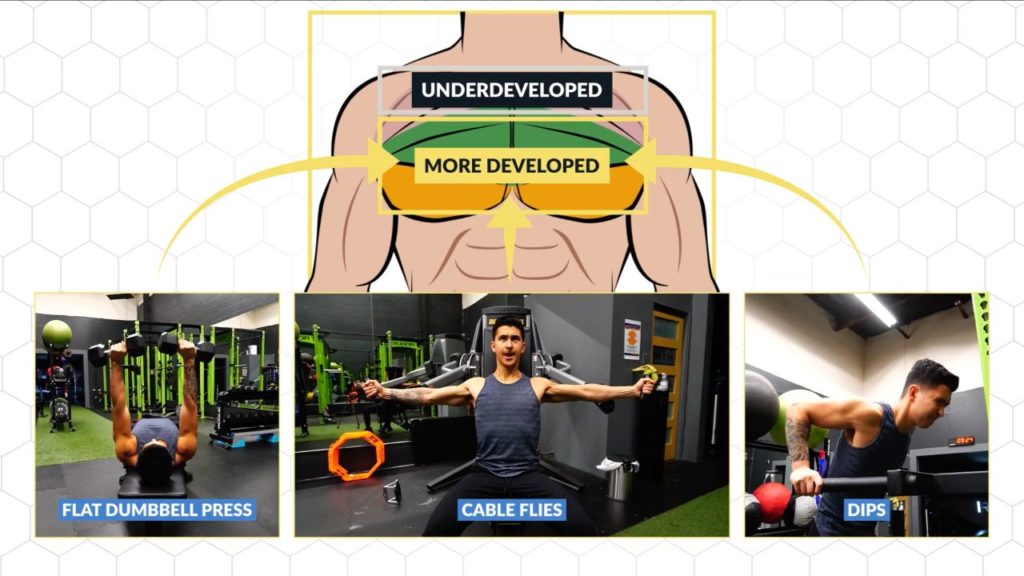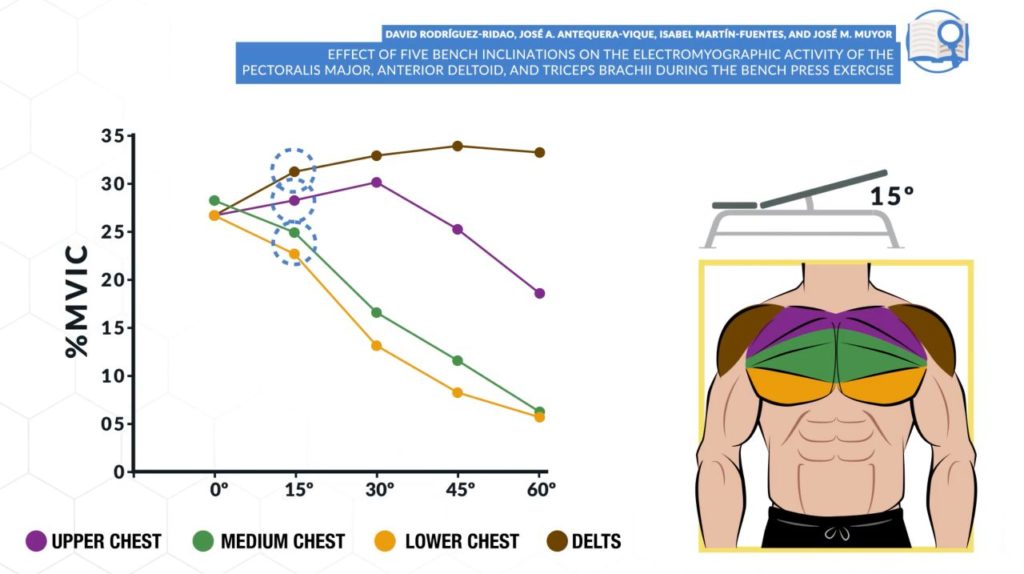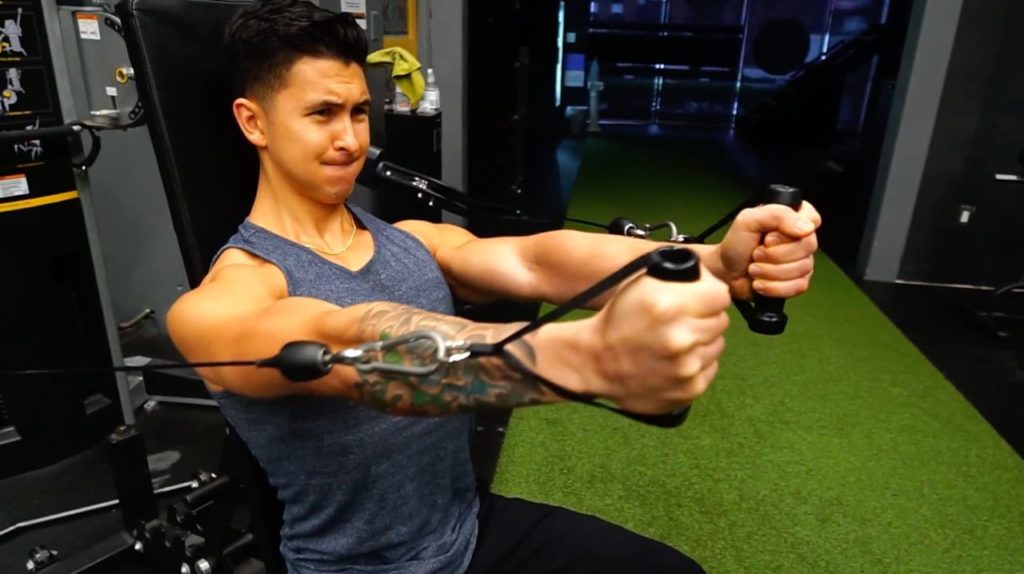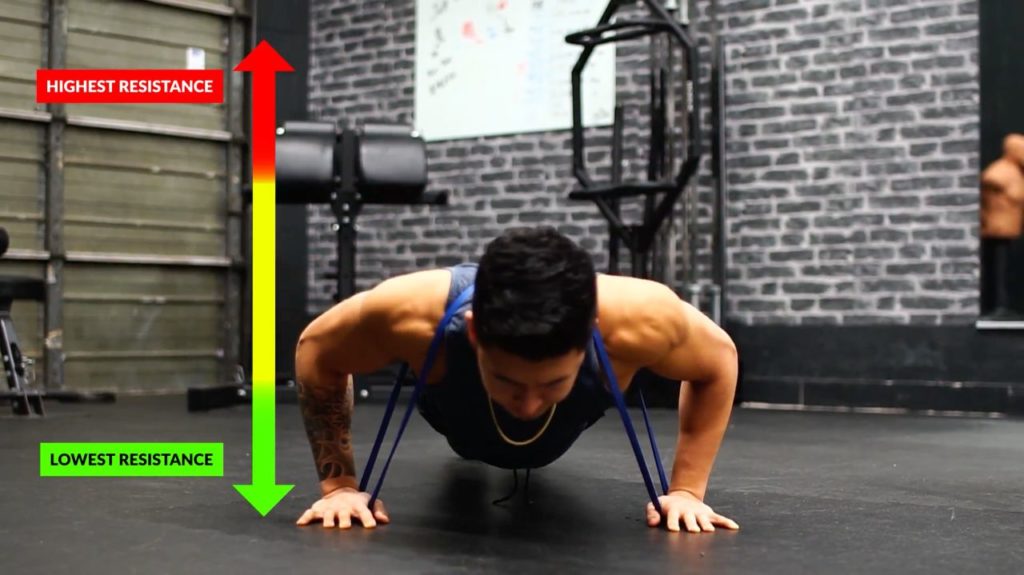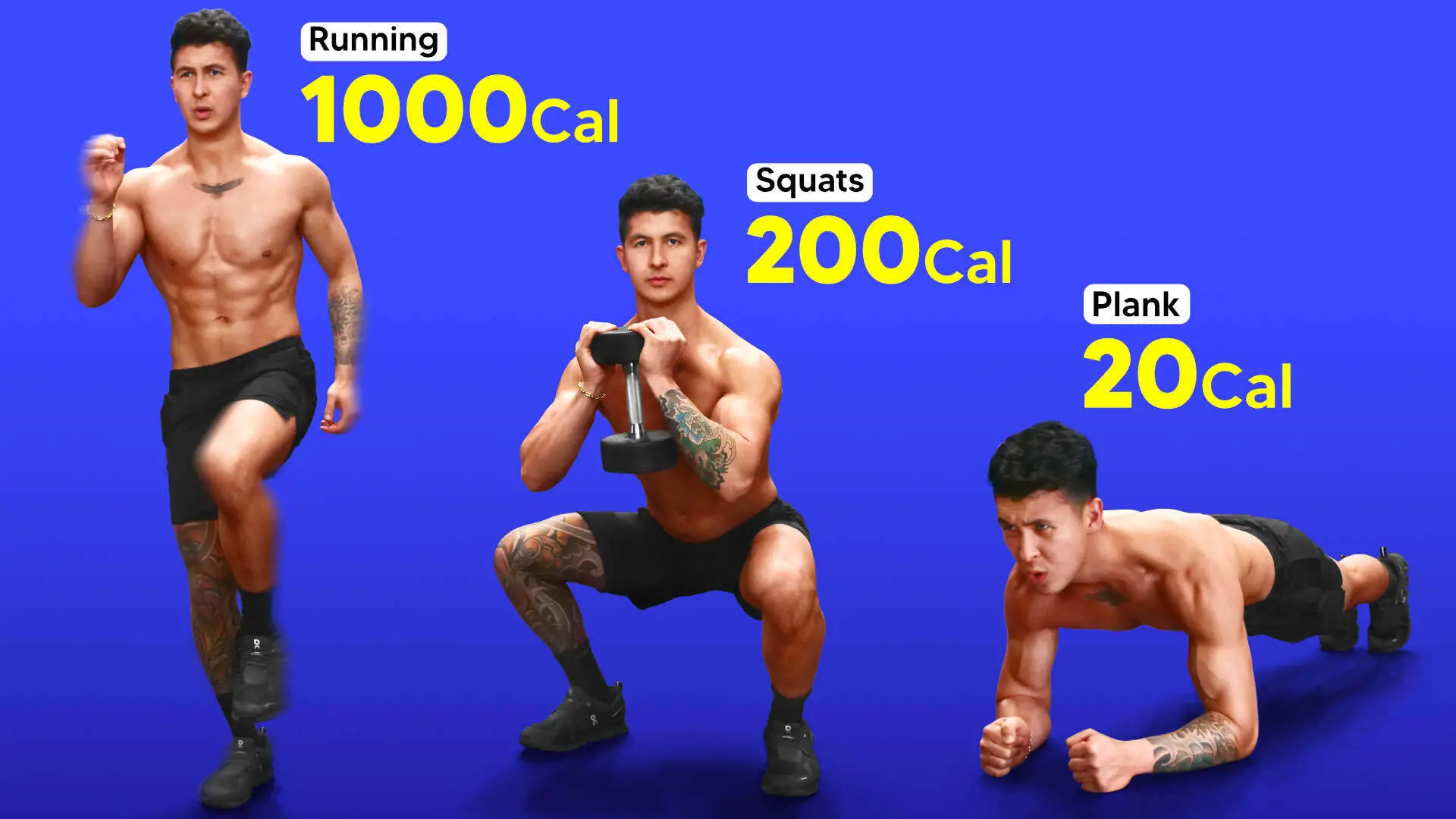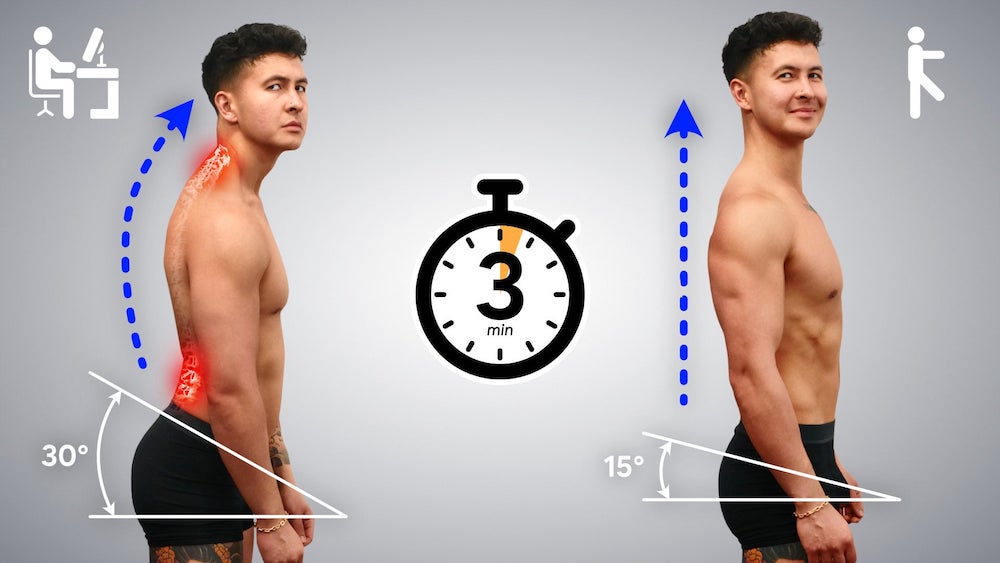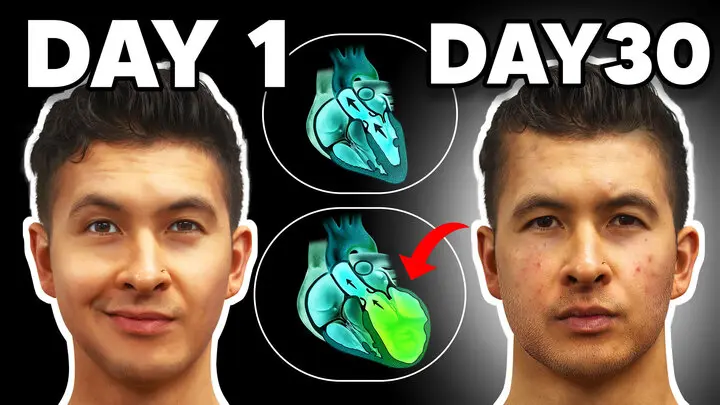2 “Must-Do” Exercises For A Massive Chest (Based On Science)
If you're struggling to build your chest, this article is for you. I show you the 2 exercises you MUST do (and pair together) for impressive chest gains. And it's all backed up by science.
Chest is one of the most enjoyable muscle groups to train. Yet at the same time, it seems to be a muscle group that many people struggle with developing. This then often leads them to throw all the chest exercises possible in the gym at it - in hopes that it’ll grow. But, the truth is, this often does more harm than good. Today, I’ll show you how you can get the most bang for your buck in terms of chest gains. And guess what? There's really nothing complicated involved. I'll show you how you can make a big difference to your chest development by just focusing on and pairing 2 simple yet very effective chest exercises.
Before that: if you're looking for a training program that'll help you set up every single one of your workouts for optimal muscle growth (not just for the chest, but for ALL muscle groups!), I've got just the thing for you. Every BWS program is designed to be an all-in-one, science-based process that’ll get you to your dream physique FAST. And best of all? It's all rooted in science. For more information:
Click the button below to take my analysis quiz to discover the best program for you:
↓
Exercise 1: Low Incline Dumbbell Press
The first exercise is the low incline dumbbell press.
Pressing movements for the chest are necessary. It enables us to apply a high amount of tension to our chest over time as we can:
- Lift heavier loads with it AND
- Easily progress it over time with more weight
That said, dumbbell presses, in particular, have advantages over barbell presses. That's because it allows us to achieve 2 crucial things. First: a greater range of motion on our chest fibers. And second, more freedom with our elbow and wrist positioning as we press. This then enables us to tweak our form to better suit our individual chest fibers and with what just feels most comfortable on our joints.
Why Does This List Of Chest Exercises Include Low Incline Press?
Now, a low incline press is chosen here for a couple of reasons.
Leads To Greater Activation Of The Whole Chest
The first reason is that we want to ensure that we’re adequately training each portion of our chest. That is the upper, middle, and lower fibers. And what we typically see with chest development in general, is a lagging upper chest.
And this is commonly due to a high amount of flat pressing done relative to the amount of incline pressing.
In fact, in a recent 2020 paper that had subjects perform only the flat bench over the course of 8 weeks, the middle and lower portions of the chest grew considerably faster than the upper portion. However, at the same time, this doesn’t mean we want to perform a typical incline press.
Research has shown that even an incline up to 30 degrees (typically just 2 notches up from the bottom of a flat bench) results in:
- Greater upper chest activation BUT
- Comes with the cost of A) Significantly greater front delts activation and B) Significantly less mid and lower chest activation
... When compared to a flat press. With an incline up to 45 degrees proving to be even worse.
Whereas with a low incline up to just 15 degrees, you still get:
- A significant boost in upper chest activation BUT
- With less of an increase in A) Front delts involvement and B) Less of a drop in activation of the middle and lower portions of your chest
*thanks to Bony to Beastly for the graphic inspo!
And I’d even argue that when you then apply a slight arch in the upper back and tuck the elbows in slightly as you perform this movement, you’ll now be aligning the resistance with even more of your chest fibers. And, therefore, experience even greater activation of your whole chest.
Puts The Shoulders In A Comfortable, Externally Rotated Position
But, going beyond chest activation and growth... The second reason why this exercise is beneficial is comfort. This is because, with the flat dumbbell press, your shoulder tends to be put in an internally rotated position at the bottom position. This can become problematic or uncomfortable on your shoulders. Especially if you lack sufficient shoulder mobility.
But by adding a slight incline, your shoulders will now be placed in a slightly externally rotated position. Which, for many, is a much more comfortable pressing position for the shoulder to be in. This isn’t to say that flat dumbbell pressing is bad and should be avoided. Instead, it’s just another unique benefit of the low incline press. And is why I highly recommend including it in your routine.
Exercise 2: Cable/Banded Movement
The next exercise is going to be any sort of cable or banded movement. For example, a seated cable fly.
Or, if you don’t have access to cables, then banded push-ups or banded flyes.
Now, the reasoning for this movement has to do with the strength curve of our previous exercise. During a dumbbell press, our chest experiences the greatest amount of resistance at the bottom stretched position. But as you press the weight up the resistance progressively decreases. And when you reach the top position, the chest now receives very little stimulation.
By the way, if you’re someone who enjoys learning about the ‘whys’ of exercise selection, you’re absolutely going to fall in love with our 3-on-1 coaching program. My team of experts here at BWS – and I – will always take the time to explain the rationale of an exercise included in your personalized training program. Find out more about how we can help you achieve your dream physique below:
Click the button below to find out more about the 3-on-1 coaching program:
↓
Why Should I Care About An Exercise's Strength Curve?
Why is this important? Well, it's because what we know about muscle growth is that exercises with different strength curves will likely produce different amounts of muscle growth in each region of our muscle. This is illustrated in a 2015 paper. By simply altering the strength curve of a knee extension, subjects not only experienced:
- Different amounts of muscle growth in each of the various muscles of the quadriceps BUT ALSO
- Different amounts of growth within the specific muscle regions
This implies that if we stuck only with the dumbbell press or added in other chest exercises that have a similar strength curve like the dumbbell fly, then we’d be failing to adequately train and stimulate our chest in the locked-out position. Meaning that some muscle fibers of our chest may remain under-stimulated. And, hence, could cause us to miss out on some additional chest gains.
Cable/Banded Chest Exercises Provide Constant Tension
The cable fly accommodates for this by providing adequate tension on the chest throughout the whole range of motion. Especially during the fully contracted position. You can also play around with the angles of the movement to emphasize the upper, mid, or lower portions of your chest as well.
Similarly, if you don’t have cables, or access to the gym, the banded push-up or banded fly is a suitable alternative. That's because the resistance applied to your chest will be lowest at the bottom position - but then progressively increase as you lockout and reach the chest’s fully contracted position.
Takeaway
By combining these two movements and their respective strength curves, you’ll ensure that you don’t miss out on any potential chest gains. Now, what you choose to do with these two exercises is totally up to you. I would definitely recommend plopping them somewhere into your current chest routine as you see fit for the reasons I previously went through.
And if you’re currently doing a ton of different exercises and volume for your chest... Yet you’re not making any progress? Then simply shifting more of that volume and effort to these two movements instead, while focusing on performing them with proper form and progressing them over time, will do wonders for your chest development.
Often times, when it comes to the best chest workout possible, more is not better. For a step-by-step program that uses science to show you exactly how to train AND how to fuel your body week after week so that you can build muscle and lean down as efficiently as possible, then:
Click the button below to take my analysis quiz to discover the best program for you:
↓
Anyways that’s it for today guys! I hope you all enjoyed it! Don’t forget to give me a follow and connect with me on Instagram, Facebook, and Youtube as well, in order to stay up to date with my content.

